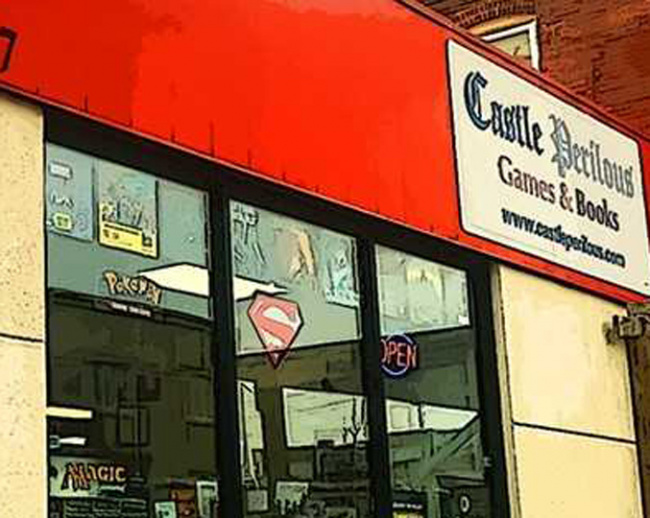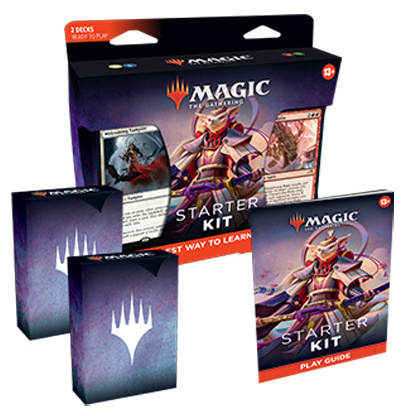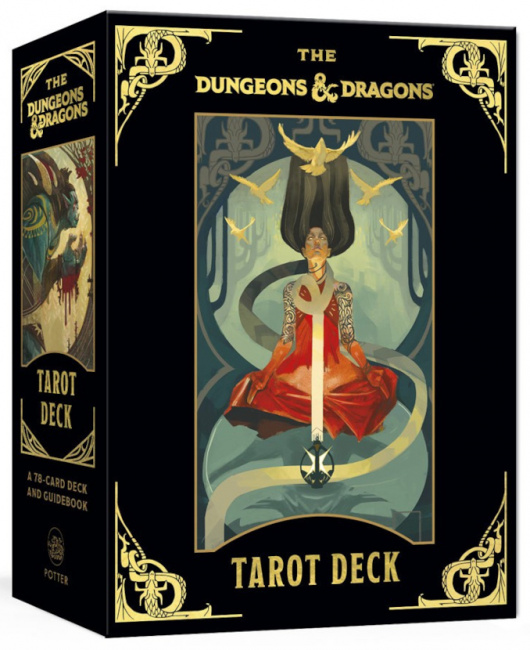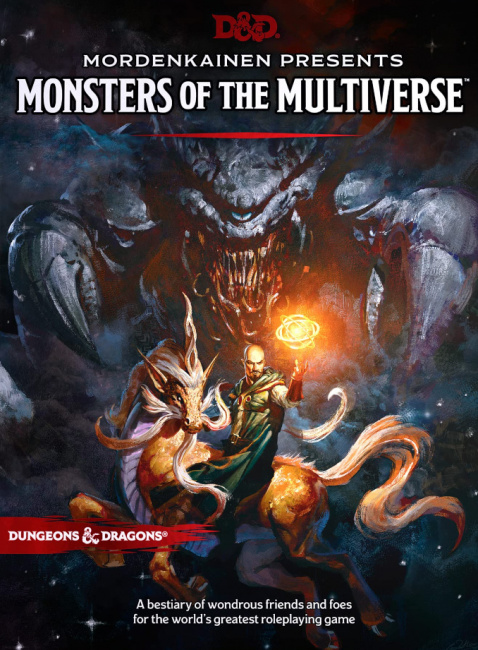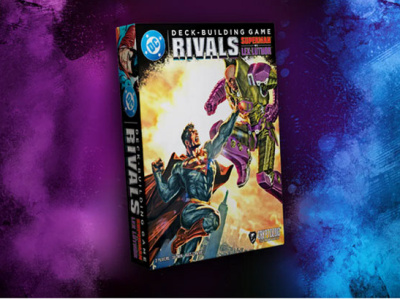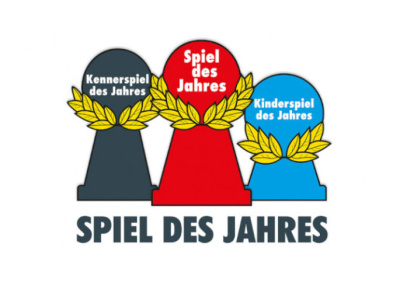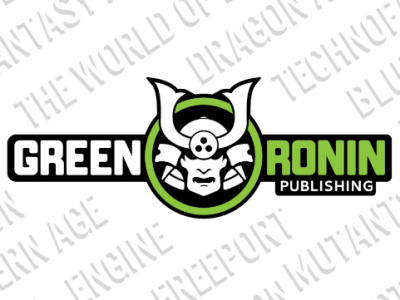Rolling for Initiative is a weekly column by Scott Thorne, PhD, owner of Castle Perilous Games & Books in Carbondale, Illinois and instructor in marketing at Southeast Missouri State University. This week, Thorne discusses the importance of entry level products like the new Magic the Gathering 2022 Starter Deck and offers customer reactions to the recent Dungeons & Dragons Tarot Deck release.
Wizards of the Coast announced this week that in early June it will release the most effective tool a store can have when someone asks about Magic: The Gathering and how to get started: the Magic: The Gathering 2022 Starter Kit (see "Magic the Gathering 2022 Starter Kit"). This replaces the previous most effective tool a store could have to introduce people to Magic, the Arena Starter Deck. As I have mentioned before, I consider an affordably priced entry-level starter deck or starter set the most important tool a store can have to introduce new players to any game with a significant number of sets ( see "Whither the Entry Level Promo Deck"). Despite what those of us in the industry may think, there are still huge number of people out there who have heard of Magic, Yu-Gi-Oh!, Pokemon, Dungeons & Dragons, or Warhammer 40,000, but have never played these games.
These folks are likely interested in giving the previously mentioned games a try, but do not want to invest a great amount of money into a game only to find out they do not care for it. Wizards of the Coast’s Magic Welcome Decks were a perfect tool for doing so, but the price of those to WotC must've added up over time (we even had a few cases of customer getting a deck, only to come back in later and try to trade in the cards that came in it). The Magic Starter Decks are a perfectly fine alternative. People can spend $10 and find out if they like the game or not.
WotC has a similar model for Dungeons & Dragons that I wish more RPG companies would adopt, which is the $20 Starter Set. We had a customer email us saying her 8-year-old wanted to get into D&D (funny we never get any emails asking about kids getting into any other RPG) and asked whether or not we had a starter set for the game: "Why, yes, we do and it is only $20!" Similarly, Games Workshop offers the $15 starter sets for both Age of Sigmar and Warhammer 40,000. We have even used some of our growth credit with Games Workshop to buy 20 of each to give away to players interested in either game. I really wish Pokemon, Konami, and more RPG companies would keep an inexpensive starter set available.
The D&D Tarot Decks hit the shelves this week, along with the long anticipated Monsters from the Multiverse for D&D (see "The Return of Spelljammer"). Not many of our customers knew of the new tarot deck (see "'The Dungeons & Dragons Tarot Deck'"), and have been wowed by the quality and feel of the cards as well as the art. I've heard comments from customers that they wished a "Who’s Who" insert had been included in the set as they are not sure if particular cards reflect the artist’s interpretation of characters from the game mythos or it they are just illustrations fitting the theme.
Mordenkainen Presents Monsters of the Multiverse also released this week and sold okay here, but not as well as some previous creature books like Fizban’s Treasury of Dragons. Some stores reported it a flop, at least for the first week, only selling one to two copies while others blew through dozens. I think the January gift set impacted sales as reported sales of those were far greater than I expected.
Your thoughts, especially on Monsters of the Multiverse sales? Email castleperilousgames@gmail.com.
The opinions expressed in this column are solely those of the writer, and do not necessarily reflect the views of the editorial staff of ICv2.com.
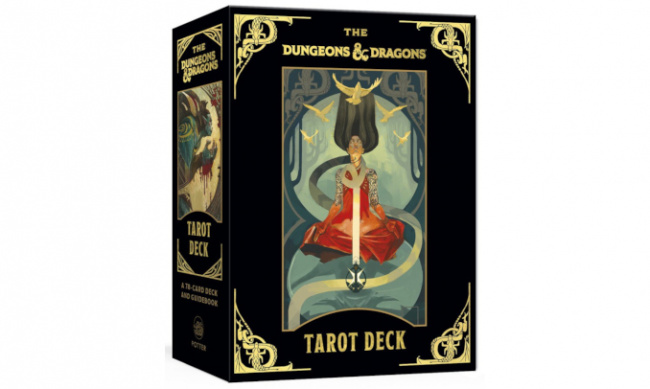
Column by Scott Thorne
Posted by Scott Thorne on May 23, 2022 @ 2:10 am CT
MORE GAMES
'Rivals: Superman vs. Lex Luthor'
July 14, 2025
Cryptozoic Entertainment will release Rivals: Superman vs. Lex Luthor, a new standalone game for DC Deck-Building Game.
'Bomb Busters' Takes the Top Prize
July 14, 2025
The Spiel des Jahres jury has announced the winners of their 2025 board game awards.
MORE COLUMNS
Column by Scott Thorne
July 14, 2025
This week, columnist Scott Thorne discusses Green Ronin Publishing's GoFundMe to fund its legal fight against Diamond Comic Distributors, and the soft preorders for the latest Horus Heresy box.
Column by Scott Thorne
July 7, 2025
This week, columnist Scott Thorne looks at the effect of Diamond Comic Distributors' bankruptcy on the games industry.



